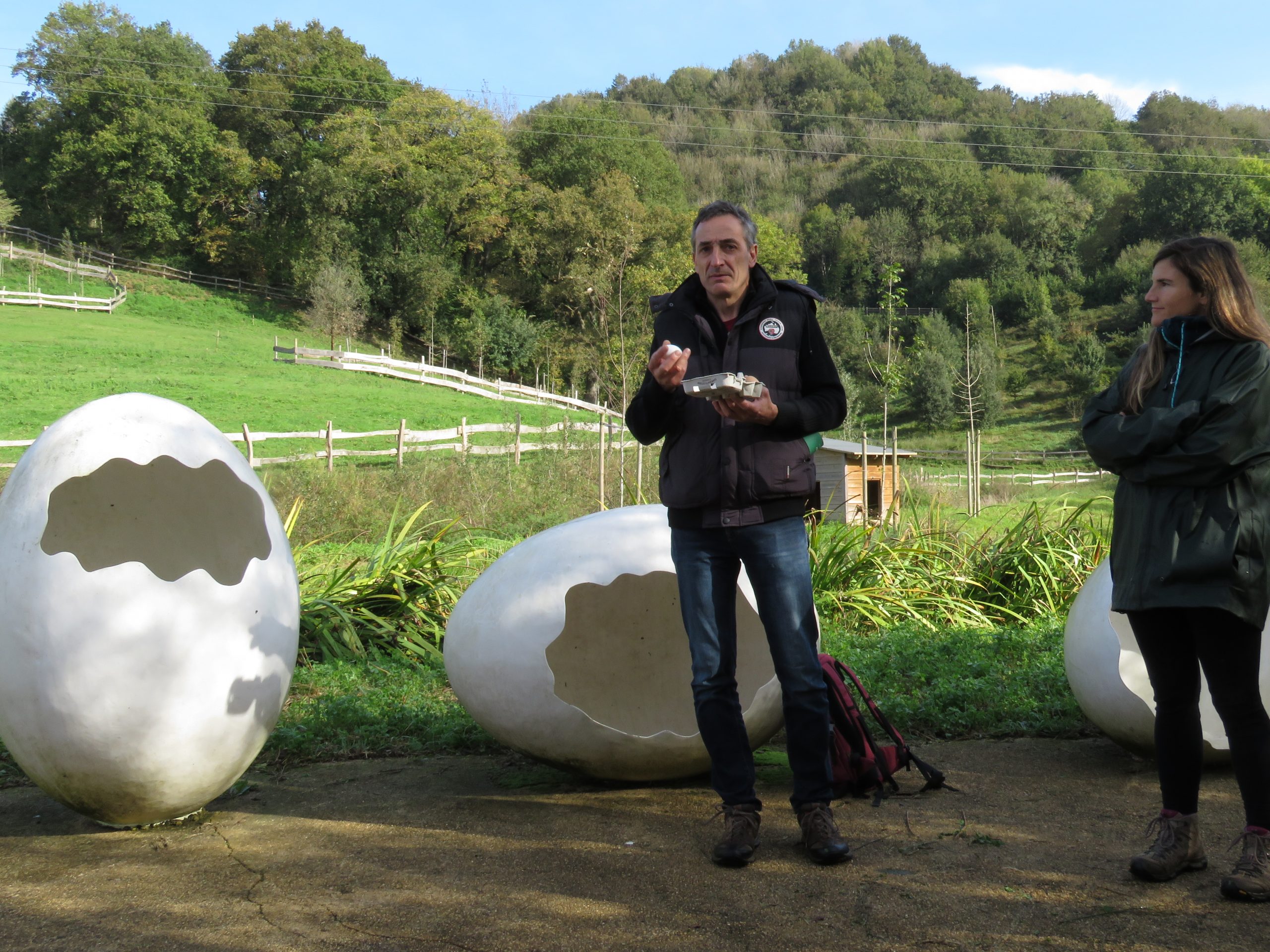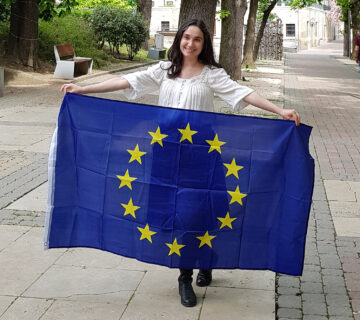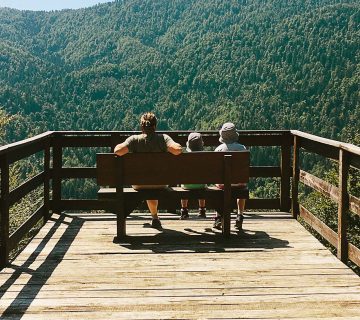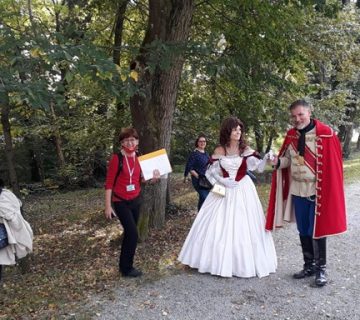A new wave of certified interpretive guides in the Basque Country: in search of a renewed vision for resilient times.
An IE Certified Interpretive Guide (CIG) course was held in San Sebastian – Donostia (Basque Country) in October. It was organised by Aktibatu-Bizibiziki consultancy agency (www.aktibatu.eus) and led by Evarist March Sarlat. A group of twelve people shared diverse knowledge and experiences, enhancing creativity through their collective brains and cooperation.
They were five intensive days held in Ekogunea, a space specially designed to extend ecological culture from environmental awareness to action (www.ekogunea.es). Our training took place among happy animals, community gardens and a space specifically designed to support environmental education, which we used to test our individual and group skills.
Combining theory and practice, indoors and outdoors, in different individual and group activities, we assimilated the bases of interpretation and the six principles of Tilden, training in the use of resources and the structure that allows us to design talks and interpretive tours in a professional way, and so contributing to improving the understanding, connection and involvement of people in the care of our planet.
Three examples of messages we explored through new eyes:
How to talk about biomimicry… without mentioning it
Here, for instance, a group of colleagues brought us closer to nature as a source of inspiration in modern design: what does the shape of the egg, the plumage of geese or the membranes of ducks have to do with the design of tools, instruments and even vehicles?
Traditional games and the commons
We saw how hopscotch, a popular children’s game, can serve as a bridge to talk about aspects of culture in relation to cooperation and the commons.
Bio and cultural diversity
We looked at different oak tree leaf shapes, the result of hybridization between native and non-native species, to conclude that the richness of a territory is deeply linked to biodiversity and that cultural diversity is one more expression of it.
We ended the course even more convinced that guiding, more than a trivial pastime, can become an educational and empowering act. Today, more than ever, interpreting is key to transmit a holistic vision of the territory, which will facilitate a deeper connection between people and nature, not as tourists but as responsible citizens in a resilient world.
We are excited about generating new interpretive routes with content and messages that contribute to regenerating our relationship with our territory, the Basque Country, and our planet.
Karlos Solana Arruti is an educator and mountaineer, a passionate guide of Gipuzkoa, his herrialde – or territory – in the Basque Country. Karlos can be contacted through social networks: @Karlos Solana.Solana.
Flor Savanti is an anthro-archaeologist designing and guiding cultural and natural experiences in the Basque Country and the Pyrenees. Connect with her at: info@bakeana.com or www.bakeana.com.
To cite this article:
Solana Arruti, Karlos and Savanti, Flor (2020) ‘Cooperation and love for the land’. In Interpret Europe Newsletter 4-2020, 11.
Available online: https://www.interpret-europe.net/fileadmin/Documents/publications/Newsletters/IE_newsletter_2020_4_winter.pdf




